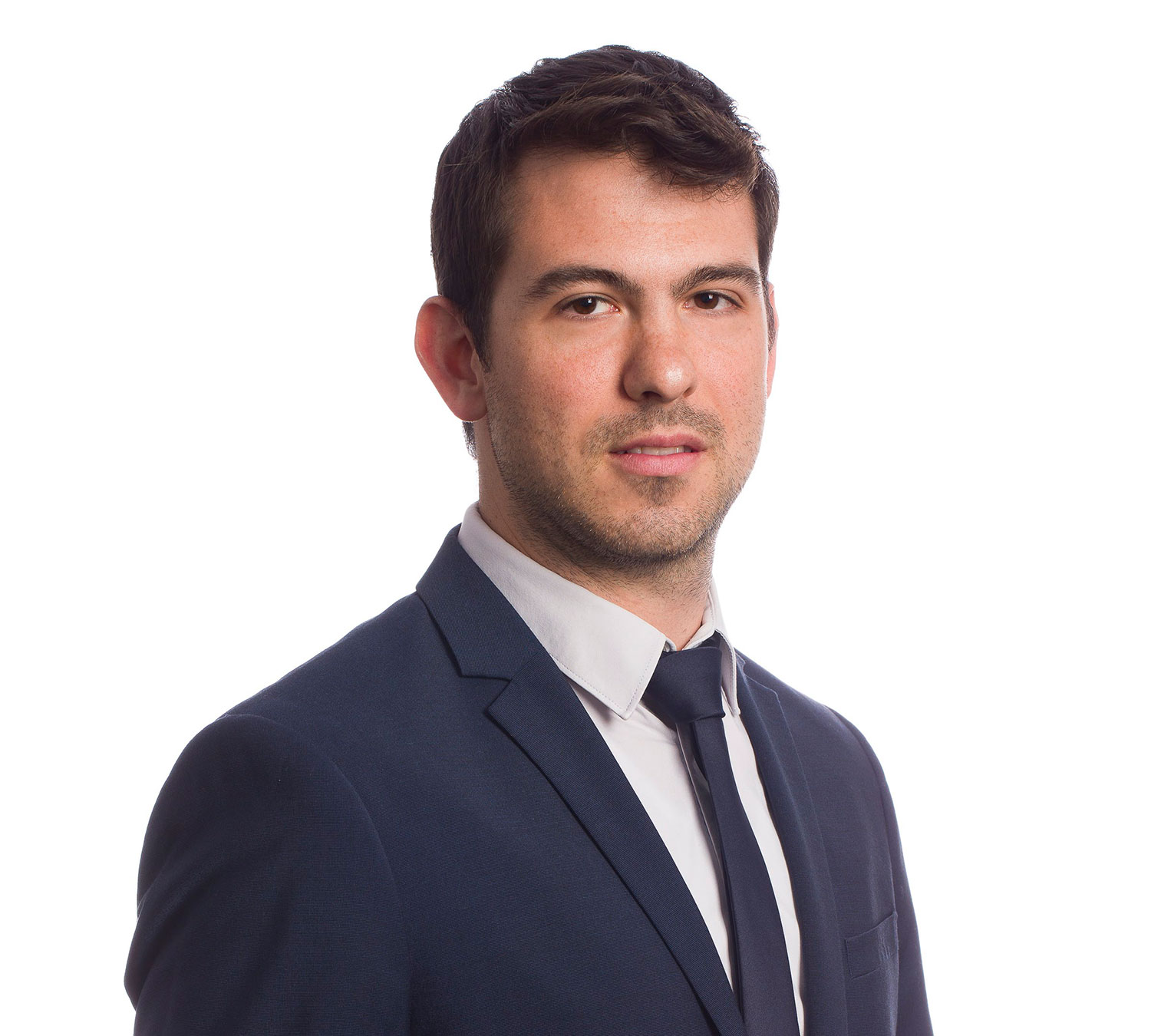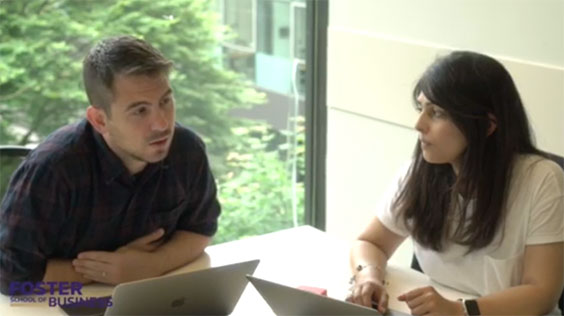From Consulting in Israel to Product Management at Amazon via Foster MBA
 As he prepares to graduate with his MBA, international student Daniel Lederman talks about choosing an MBA program, strategically changing your career trajectory, and how smaller class sizes make sense (per the author of Sapiens).
As he prepares to graduate with his MBA, international student Daniel Lederman talks about choosing an MBA program, strategically changing your career trajectory, and how smaller class sizes make sense (per the author of Sapiens).
What did your process look like when considering getting your MBA?
Working in management consulting, I loved developing strategic plans to solve business problems, helping businesses perform better and overcome challenges. However, whenever a project would draw to a close, I couldn’t bear the thought of handing over the execution phase. I was looking to have end-to-end ownership over the initiatives I had devised. The desire to own business impact, combining strategy with execution, led me to Product Management, and so I decided to pursue an MBA to develop those skills.
How/when did Foster enter your consideration set?
Coming from Tel Aviv, I was considering Business Schools in major Tech hubs, where I could master Product Management skills. Foster was my top choice due to its Seattle location, being home to a booming tech ecosystem, from Amazon and Microsoft, through Zillow and Expedia, to startups like Convoy and Tableau. Innovative tech companies of all sizes and industries are headquartered here.
What was the tipping point for choosing Foster?
Foster is deeply integrated into the Seattle tech ecosystem. The opportunity to collaborate with teams at Amazon, Microsoft, and Google on projects—solving real business problems for them—was invaluable. These experiences provide meaningful context that compliments your academic learning and build up your network. The beautiful outdoors didn’t hurt either!
Describe your experience as an international student making the transition?
In Sapiens, Yuval Noah Harari (who was my undergrad professor!) makes the point that personal human interaction is capped at a group size of 150. Foster is the perfect case in point. The program size means that everyone knows each other from the get-go. It creates a family-like community that really helps international students integrate and promotes a tight-knit professional network.

You are graduating (congratulations!) and moving into Product Management at Amazon. How did you make your move from consulting to Amazon?
I identified Product Management as the function best suited to me because it combines strategy and execution. From there, I was laser-focused on applying my experience in Strategy to Product Management—honing transferable skills through courses and independent projects, networking for company insights, and reading a ton about my target companies’ business and culture. I was offered a summer internship as Senior Product Manager at Amazon, which confirmed my expectations of Product Management. Amazon assigned me a problem to solve, and I was able to drive my project all the way through to a successful customer-facing pilot. It taught me a great deal about the Amazon way, and I can’t wait to go back upon graduation and pick up where I left off.
What would you say to people considering getting an MBA right now?
Getting an MBA provides a unique platform to fine-tune your skill set and align your career path with your passion. To successfully navigate this process, it is key to Identify the right MBA Program that is integrated into your target industry and function, as well as to consider the fit of the culture and values.
